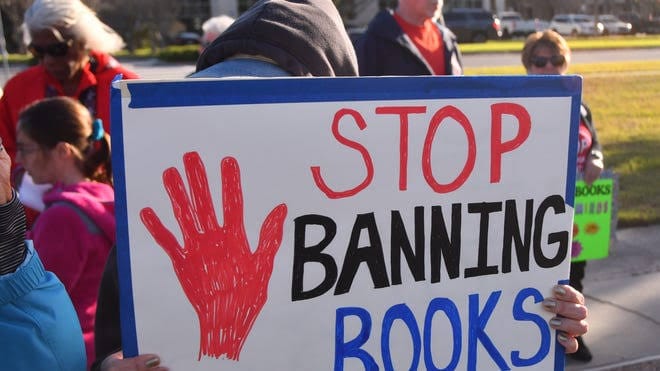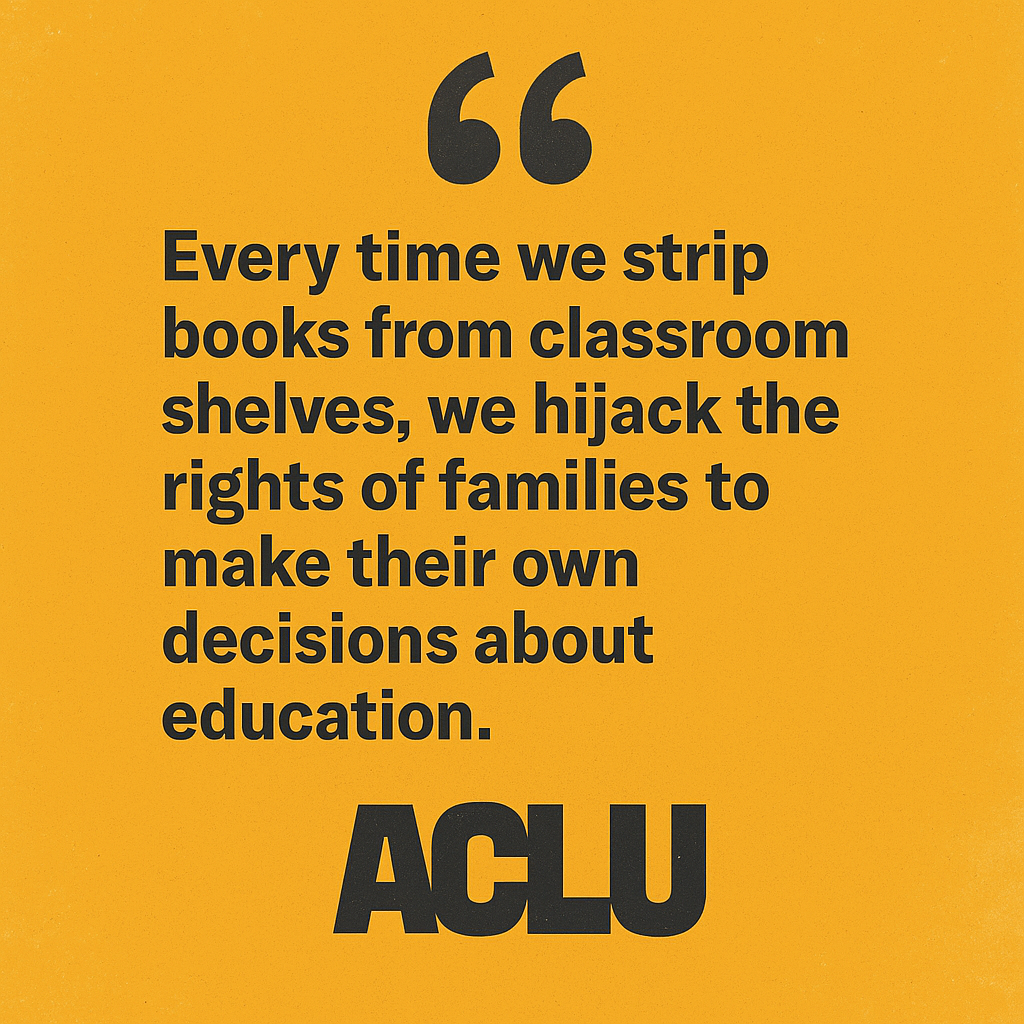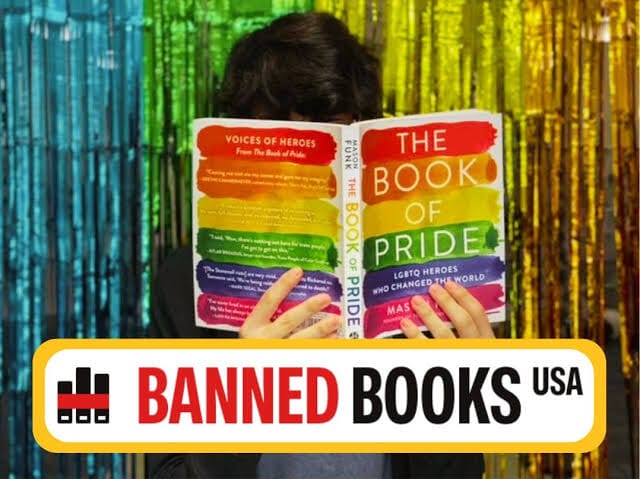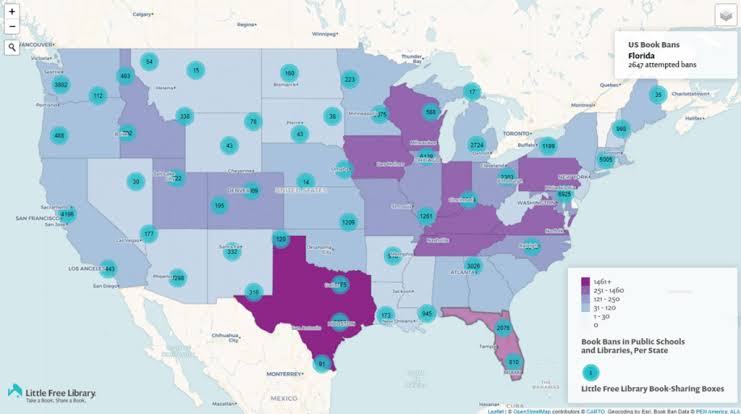Florida Book Ban Uproar: Are Classrooms Being Censored in 2025?

[MIAMI, FL] – June 25, 2025
The battle over books in Florida is reaching a fever pitch. This year, more than 1,200 titles have been challenged or pulled from classroom shelves under new policies framed around "parental rights" and "age-appropriate content". But critics argue the wave of removals amounts to state-sponsored censorship, threatening the very fabric of democratic education.
Parental Power or Political Overreach?
Florida's expanded book ban policies stem from legislation signed in 2022 and 2023 under Governor Ron DeSantis' education platform, often labeled by critics as part of the "anti-woke" movement. Under laws like HB 1467, school boards must now publish lists of library books and instructional materials, and parents can formally challenge any they deem "inappropriate."
A deep dive into Justia's legal filings shows that the language around "harmful to minors" has been interpreted loosely, leading to bans on everything from classic novels like The Bluest Eye by Toni Morrison to nonfiction works about civil rights and LGBTQ+ history.
"This is not about protecting children—it's about controlling narratives," said Jessica Lowell, a Florida ACLU education rights attorney, in a quote to AltNews.

County-Level Chaos: School Boards Under Pressure
Data from PACER and multiple local records show that school boards across at least 16 Florida counties are under pressure from conservative parent groups to remove books preemptively. In Polk, Duval, and Escambia counties, school board meetings have devolved into shouting matches, with viral footage showing parents accusing each other of corruption and indoctrination.
An analysis by Google Trends shows that searches for "book ban Florida" have spiked by 300% in the past month, reflecting both public outrage and national media focus.
"We don’t want porn in schools, but banning Anne Frank is a bridge too far," said one Duval County teacher anonymously to local reporters.
Students and Teachers Push Back
In response, students across Florida have begun organizing "Read-Ins" and silent protests. At Miami-Dade High School, over 200 students participated in a walkout after Gender Queer by Maia Kobabe was pulled from their library.
Teachers are also speaking out. A teacher in Broward County was placed on administrative leave after refusing to remove The Hate U Give from her lesson plan. Many educators are caught in a bind—violating directives may risk their jobs, but following them compromises their principles.
The Florida Teachers Association released a statement condemning the bans:
"We support parental involvement, but not state censorship of knowledge and history."
The Legal Landscape: Confusion and Contradictions
Legal experts say the vagueness of the book ban laws invites unequal enforcement and even First Amendment violations.
Cornell Law scholars published a 2025 paper noting that the legislation fails to define "inappropriate content" with clarity. As a result, books featuring race, gender identity, or even mental health themes are being disproportionately targeted.
Multiple lawsuits have now been filed against various school districts. One pending case in Leon County, available via CourtListener, challenges the constitutionality of the bans under Tinker v. Des Moines (1969) standards for free expression in schools.

What Happens Next?
With the 2025–26 school year approaching, Florida faces a showdown:
- Several lawsuits are expected to hit federal courts by August.
- New county-level elections could flip school board control.
- Protests and student-led actions are expected to continue.
Meanwhile, a national conversation is heating up about how far state governments should go in regulating classroom content.
Final Thoughts: Who Decides What’s Too Much?
The Florida book bans are not just about reading material—they’re about who gets to define education in a democracy. While supporters view them as a tool for protecting children, critics see them as a dangerous slide into ideological censorship.
Do you think the Florida book bans protect students or silence them? Share your perspective below.

Sources: Justia, AltNews, Google Trends, and official public records.



